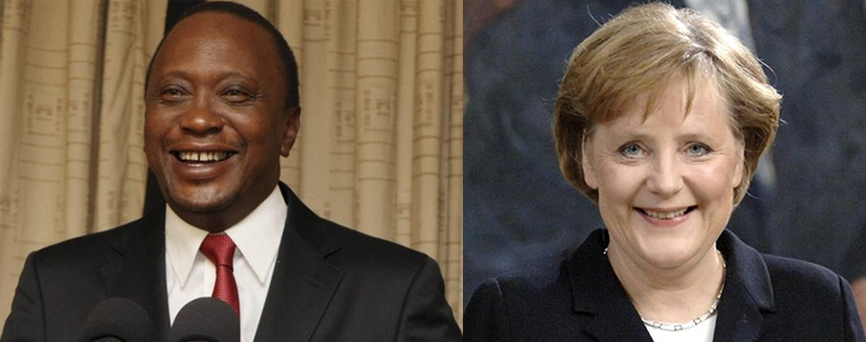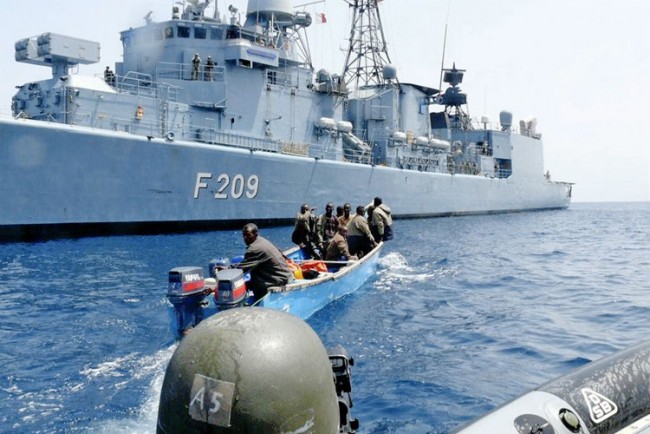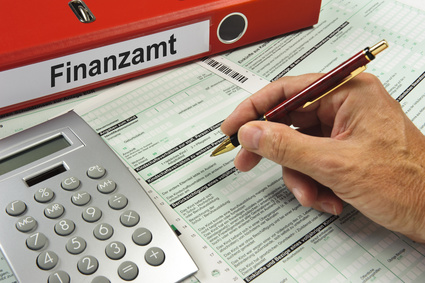I know some are already busy saying, “I told you, TNA would be the end of our country”…LOL…this actually has nothing to do with the Kenyan government but the laws that have been passed by the EU Parliament in Brussels.
According to the resolution passed by the EU Parliament “Market Access Regulation 1528/2007”. It was agreed that the EU would impose trade restrictions against countries that didn’t fall under the least developed countries (LDC) category. Currently in East Africa, Kenya is the only non-LDC which would be something to be proud of but apparently, might cost us trade contracts. Four of the other EAC countries fall under the LDC category: Burundi, Ruanda, Tansania und Uganda
October 2014 could see all negotiations for potential trade contracts come to a close and the existing ones cancelled. If the EU goes ahead to pose sanctions on Kenya for not being an LDC, it’s possible that the Kenyan government will also be able to sign “back-door” contracts with the EU or individual countries. Unfortunately, this might pose a risk to the integration of the East African Community, as the rules of trade for Kenya will not be stipulated by the EAC regulations.
This threat saw representatives from the Southern and Eastern African Trade Information and Negotiations Institute (SEATINI) from Kenya and Uganda and the Rosa-Luxemburg-Foundation from Tanzania, organise an event in Kigali, Rwanda with members of parliament from the different EAC countries and from the EU.
From the presentations it was clear that the integration of the EAC and the EPAs negotiations posed various challenges to the whole East African Community. Given the complications of integration in the EAC which has been quite rocky; forcing Kenya which is the most economically stable country in the community to enter the EPAs on its own could bring about unpredictable consequences.
At the conference, it was put across that the EAC could use their political power to sway the final decision from Brussels. According to the reports from Brussels, it seems the EU doesn’t want to continue with the EPAs, though they also don’t want to lose face. The EU stopping the EPAs might look like the “Stop EPAs” campaign has won, which the EU doesn’t want. The EU might instead enter agreements with individual countries instead of the EPAs entered with the African, Caribean and Pacific (ACP) countries.
The development of the whole process can currently not be predicted, but the participants of the event plan to organise another event in 2014 to lobby for the EU to work with ALL ACPs.







